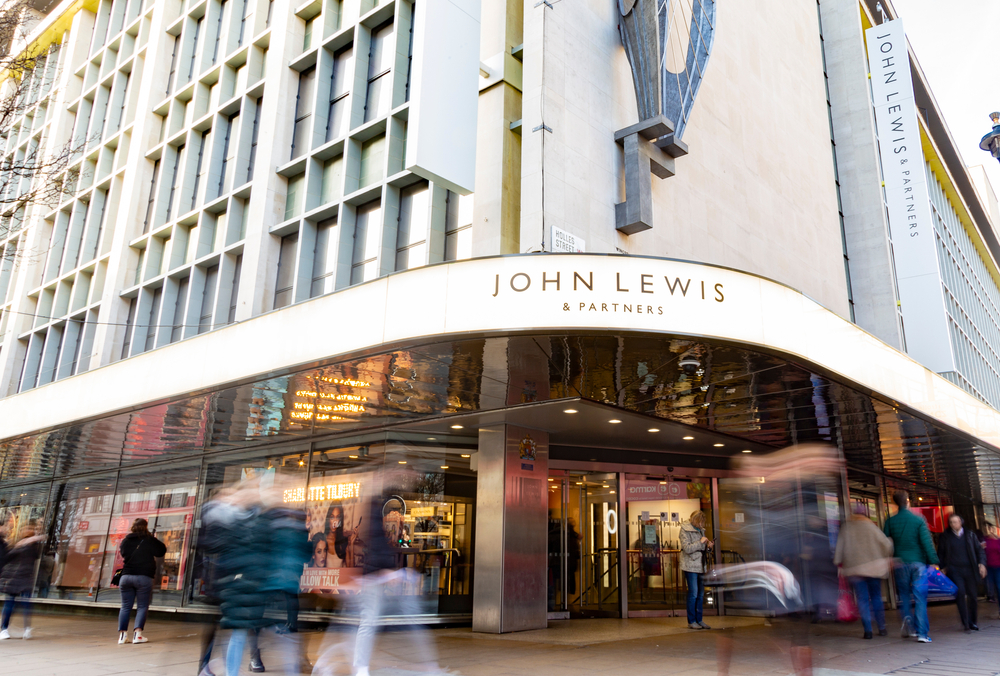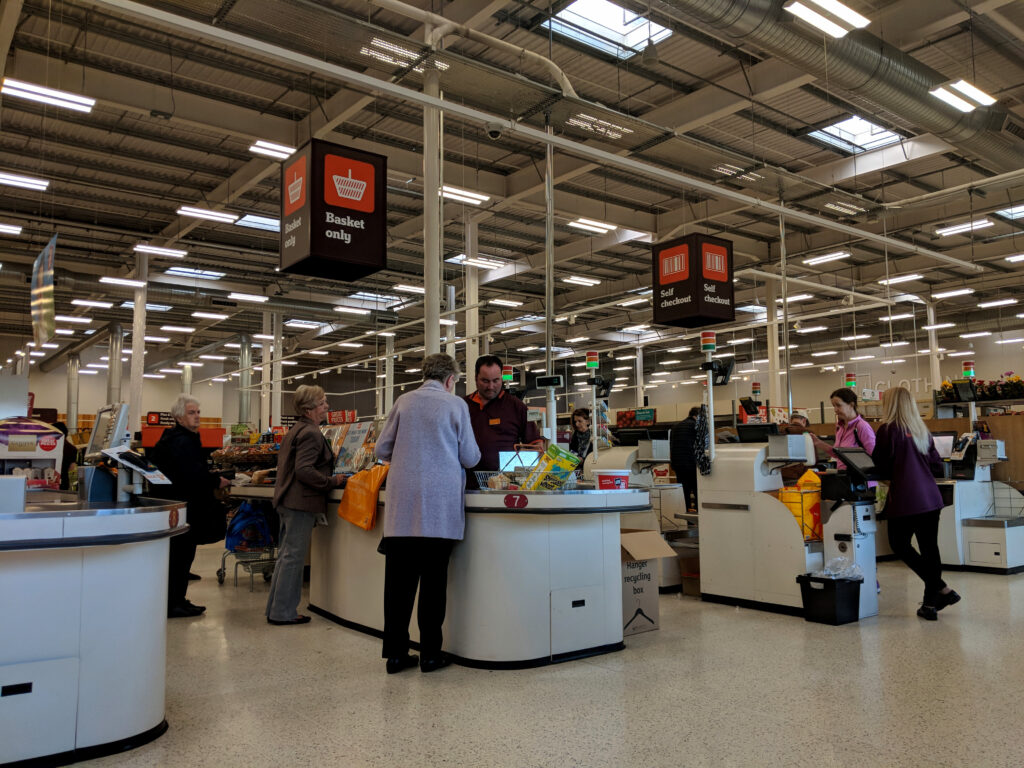Mothercare has notoriously been struggling in today’s tough retail climate – whether it’s sales dropping or its boardroom downsizing due to costs, the retailer has not had an easy ride over the past year or so.
As part of a CVA it launched last year, Mothercare agreed to close around 60 stores. Despite this, the restructuring process from the CVA failed to bring the retailer back into the back.
In May, it reported widening pre-tax losses and a decline in quarterly like-for-likes. However, it reassured the market that its CVA store closure programme was ahead of schedule.
It also said the company was on a “sounder footing” after the sale of its Early Learning Centre business to The Entertainer for £13.5 million to help pay off around £17.5 million of its debt.

Despite this, Mothercare soon downsized its boardroom to save on costs and rumours circulated that the retailer was in talks to either sell, franchise or separate its UK store estate just months striking the CVA secured its survival.
All that came to head last weekend when it was revealed that Mothercare was working with KPMG – whom they worked with for the recent CVA – on contingency plans that could include yet another CVA or a sale of its UK business.
The move raised concerns that it could place 2500 jobs at risk.
Rick Smith, managing director of insolvency service Forbes Burton, said Mothercare gave shoppers fewer reasons to shop at its stores when it offloaded Early Learning Centre.
“Had chief executive Mark Newton-Jones been able to revitalise the Early Learning Centre business, it could have slowed Mothercare’s decline,” he said.
READ MORE:
- Mothercare drafts in KMPG advisers
- Mothercare downsizes boardroom to reduce costs
- Mothercare losses widen to £87.3m
In its full-year report published in May, which covered the 53 weeks to March 30, the retailer recorded an overall loss before tax of £87.3 million as fourth quarter like-for-like sales fell by 8.8 per cent.
Meanwhile, in the 15 weeks to July 13, total group sales at Mothercare fell by 9.2 per cent.
On both instances, Mothercare attributed the decline in sales and like-for-likes to its shrinking store estate. As the figures illustrate a difficult time for the retailer and action was needed to revitalise it, a Mothercare spokesman told Retail Gazette that its “immediate priority is to complete the transformation of the business with a near-term focus on evolving and optimising the ownership, structure and model for its UK retail operations as an independent franchise”.
However, retail expert Richard Hyman believes “the idea of turning Mothercare into a brand seems rather fanciful”.
“I find it hard to be very positive about another CVA after the failure of the early one,” he told Retail Gazette.
“Parents crave convenience. Mothercare simply didn’t provide the same amount of convenience as its competitors”
“The key issue is that it’s simply not good enough. Mothercare lacks sufficient authority in any core product area and has failed to build the service offering that a specialist needs to distance itself from generalists.”
Hyman added: “Mothercare has been in a spiral of distress for some time. The need to cut costs stifles investment, which in turn leads to a progressively shrinking business.”
One of the most important things for a maternity and early childhood specialist retailer to succeed is to connect with expectant or new parents, and Mothercare seems to have missed out on this. Smith argued that Mothercare’s failure to appeal to parents was as a result of rising competition.
“Parents crave convenience. Mothercare simply didn’t provide the same amount of convenience as its competitors,” he said.
“Shoppers visiting shopping centres could walk into a Next outlet for their own clothing and find some high-quality, aggressively priced baby clothing at the same time.
“Many parents don’t see the need to travel to a Mothercare. The failure to connect to parents certainly led to the situation Mothercare currently finds itself in.”
Pippa Nordberg, strategy director at marketing agency FutureBrand, said Mothercare should “take a step back from the purely operational issues Newton-Jones has to tackle, and look at how to reconnect with a new generation of parents”.
“One thing fuelling Mothercare’s assertion that parenthood is life, but not as you know it, is the fact you can’t easily visit one of its stores without going to an out-of-town, soulless retail park – where giant ‘parenting warehouses’ sit incongruously alongside DIY, electrical and furniture stores,” she told Retail Gazette.
“By re-locating its stores to more convenient, accessible locations, and making them warmer, more intimate, perhaps with additions such as baby-friendly but stylish cafes, today’s consumers would immediately feel more connected to the brand.”
Mothercare indisputably lacks smaller convenience stores, which experts believe may have contributed to its downfall.
Smith said: “The current Mothercare stores are all spread apart over vast distances. Having smaller stores with low overheads would have benefited the retailer.”
“There simply weren’t enough stores to cater to demand. If people were not local to a Mothercare store, they were likely to go shop at competitors rather than travel.”
In regards to competition, the baby goods market in the UK has become much more competitive over the years.

When it comes to childrenswear, Mothercare faces stiff competition from supermarkets that sell their own brand products, such as Asda through its George range and Tesco through F&F.
Meanwhile, fashion retailers Primark and H&M both sell babywear ranges, and Amazon continues to dominate the toys market.
Nonetheless, it can be argued that competition isn’t the only factor to have led to Mothercare’s decline.
“Mothercare has too many unprofitable stores, primarily because the maternity retailer has been undercut by brands such as Next and Aldi,” Smith explained.
“The retailer was a victim of fierce competition a lack of evolution. Where competitors offer more choice in stores that have lower overheads, Mothercare has struggled to shrug off the burdens of high business rents and rates.”
However, Aron Caplan, strategy director at customer agency Lida, believes it’s “overly simplistic” to blame too many stores for Mothercare’s issues. He said Mothercare has been slower than some to adapt to the new age of loyalty – given that it currently runs a traditional points programme of rewards and discounts.
Mothercare’s cultural relevance was also somewhat “out-dated”, according to Caplan.
“The very term ‘Mothercare’ plays into old stereotypes of non-working housewives and reinforces outdated views that caring for children is a woman’s duty,” he said.
“The brand has the opportunity to stand for something relevant in today’s more diverse society.”
Mothercare, a once-popular maternity and babywear retail store, is one of a number of high street retailers mitigating their costly and underperforming stores amidst an increasing shift for consumers preferring online shopping.
But as the UK retail industry continues to reel from a series of mass store closures, job cuts, soaring business rates and spiralling consumer confidence – it’s inevitable that all eyes will be on Mothercare in the weeks to come to see what happens next.
Click here to sign up to Retail Gazette‘s free daily email newsletter


















